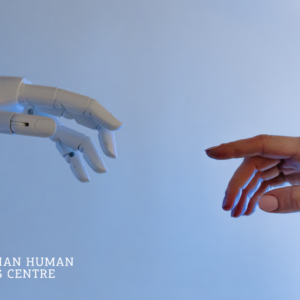29. Dec 2022
Practical Information and Contacts
The conference will take place in hybrid format. It is possible to attend the event in person in Tallinn. The conference language is English.

The conference will take place in hybrid format. It is possible to attend the event in person in Tallinn. The conference language is English.
Artificial Intelligence and Human Rights. From Humane Artifacts to Artificial Human

